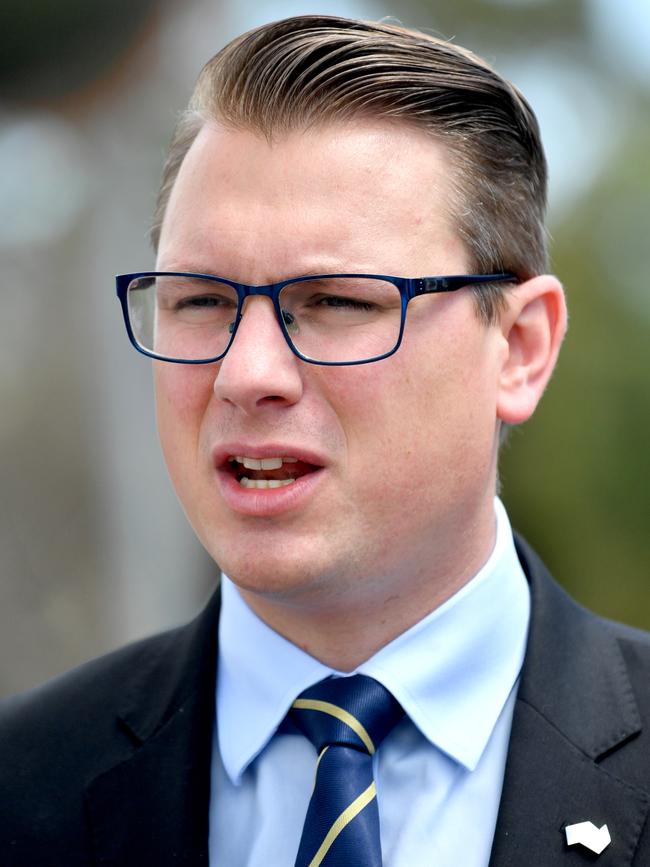Daniel Wills: Government faces big battle to sell its train, tram privatisation model
Many South Australians have deeply ingrained doubts about private takeovers of public services — and selling any part of the trains and trams could have a big impact on who wins in 2022.
South Australians backed a promise of “better services”, when they voted for Premier Steven Marshall and his six-word campaign slogan last year.
Now, his State Government has bitten off the difficult task of convincing the public that the best way to boost train and tram services is bringing in private operators to help run it.
South Australians, many of whom still blame the ETSA sale of two decades ago for the sky-high power prices of today, seem to have deeply ingrained doubts about public services shifting to private hands.
The Government is already facing a backlash from unions amid a lack of clarity about job security for the rail drivers.
And it’s possible that could grow, after decisions to cut bus routes and axe cheap tickets for short trips raised doubts about the Government’s commitment to public transport.
Transport Minister Stephan Knoll triggered a flurry of Opposition campaigning in the final week of the federal election after thinking aloud in Question Time about options for outsourcing.

The ominous warnings about a Liberal “sell off of our trains” didn’t have a decisive effect at the ballot box there. But this announcement gives the issue new life and ensures it will be an issue at the next state election in 2022.
Mr Knoll, and Cabinet, have picked a modest version of privatisation after saying that everything was on the table. The Government controls timetables and fares, while a company employs the drivers.
Nothing, Mr Knoll insists, will be “sold off”. He appears convinced that a private firm is more likely to deliver a better service than his department.
Labor’s base will accept the claim that “profits are being put above people” no matter what the final evidence is, and regardless of that fact that it oversaw more than $5 billion of sell-offs while in power.
But the people who decide election outcomes in SA are likely to approach this decision with scepticism, while withholding judgment until seeing the real results that it produces.
The new rail contracts are set to be in place by the middle of 2021, just in time for a state election the next March.
The Government is on track for a difficult couple of years as it makes a case for change. It would want to be absolutely sure that the chosen destination is the right one.
